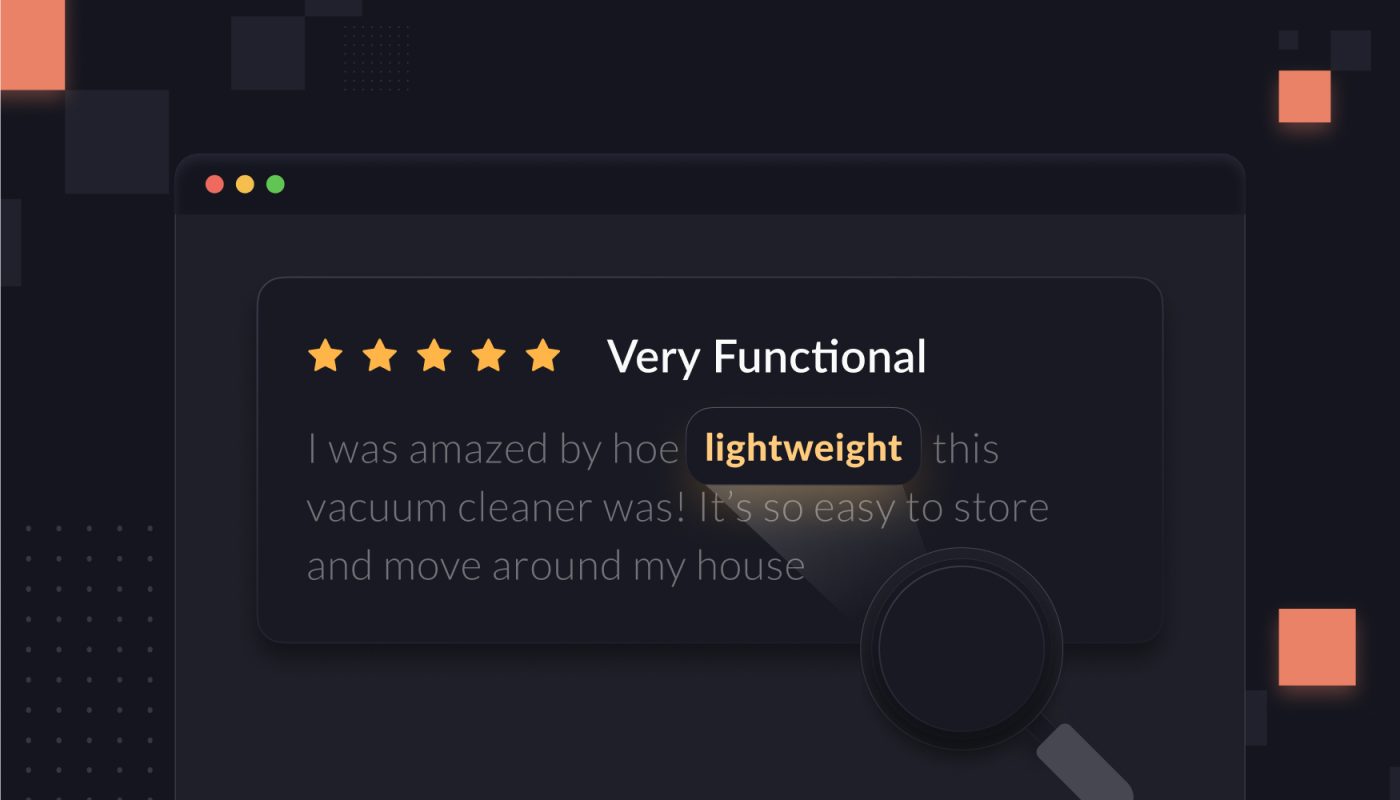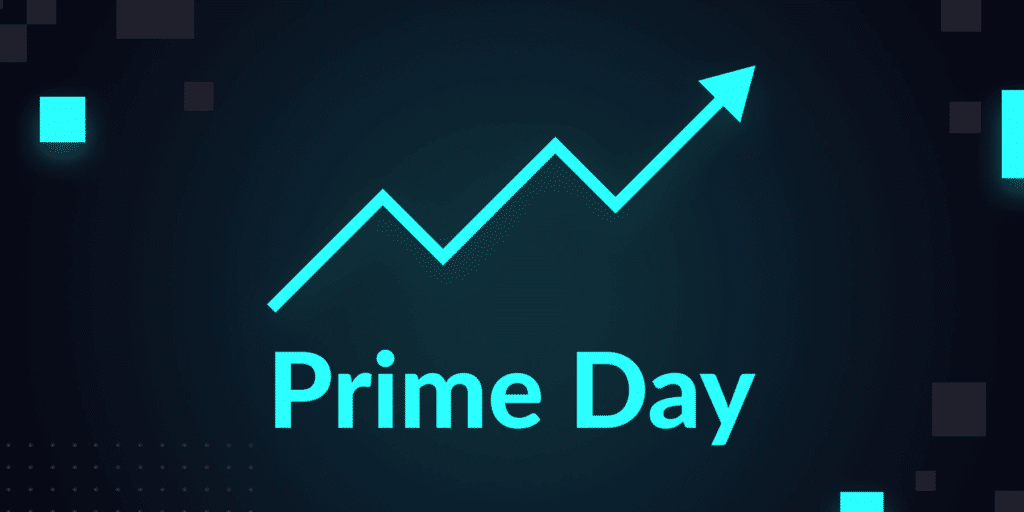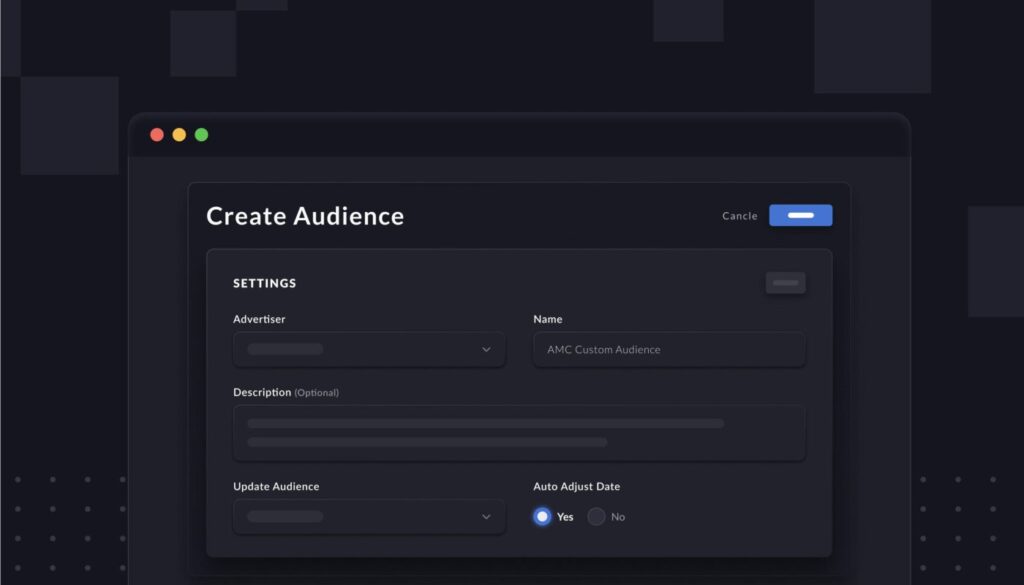Large language models (LLMs) like ChatGPT are all the rage right now. Over the last few months, brands and agencies have begun exploring ways to leverage this innovation.
Today, we want to focus on a use case where LLMs can be very handy: review analysis.
Want to quickly pull out insights from your customer reviews? LLMs can do that for you.
As these tools continue to evolve, they will revolutionize many aspects of your business. Analyzing reviews is just the logical early use case because that requires interpretation of natural language text —and Intentwise is doing a lot of research around how to make this and other use cases actionable for brands and agencies.
Why use AI for review analysis?
For years, brands have tracked reviews to evaluate issues with their product, packaging, creative assets, and more.
But poring over every review, across all of your products, is incredibly time consuming. Because of the time commitment involved, it was often only the domain of big brands.
Now, it’s easier than ever. With effective natural language tools like ChatGPT, extracting insights from customer reviews is finally accessible to a broad swath of brands.
Here’s how it works:
1. Collect your reviews.
There are lots of tools out there—including Intentwise Analytics Cloud—that can help you aggregate your reviews.
2. Layer on analysis.
Once you have an import of all of your reviews, you can load it into ChatGPT. Tell it to analyze the reviews using various prompts, and you’ll get back instant insights.
What prompts can I use?
To show you how this works, we took a random vacuum cleaner on Amazon, and we loaded a small sample of its positive and negative reviews into ChatGPT. Then we gave ChatGPT a couple of prompts.
Not sure how to get started on your review analysis? We recommend using ChatGPT prompts like:
1. “What are my customers saying in these reviews, and indicate frequency”
With this instruction, we got back the following analysis:
Here, you can see a summation of the positive and negative feedback from across the reviews you uploaded to ChatGPT, sorted by frequency.
2. “Extract entities from the following reviews”
When we input this prompt, we get back a long list of commonly discussed terms and features across all of the reviews.
See here:
Okay, but how can these analyses actually help?
The potential of review analysis is vast, but here are the most obvious ways it can benefit your business.
Improve your marketing content. If numerous reviewers say they were disappointed by some aspect of your product, then it might be time to change your content.
Let’s say many people complain that your lilac-colored product actually looks a lot more baby blue in person. An easy fix would be to change your PDP to advertise the product as baby blue instead of lilac.
Locate product or packaging issues. Are a lot of reviewers noting that your coffee machine arrived damaged? That might point to a packaging issue. Or that it broke within a year? That might be a product issue worth investigating.
Is a specific size or color of your product the problem? A benefit of review sentiment analysis is that you can collect review data based on child ASIN, rather than just the overall product.
That way, you will be able to sleuth out if there’s an issue specific to one of your child ASINs and not your product as a whole.
Let’s say the red-colored version of your product is causing all of the problems. With sentiment analysis, you can easily correlate this set of issues to the child ASIN. You’ve zeroed in on the problem.
Locate keywords for advertising. You can instruct your chosen AI tool to identify common words or phrases that show up across your reviews. These phrases can also double as keywords to go after in your Amazon sponsored ads.
If, for example, you find that multiple customers refer to a vacuum as “lightweight” in their reviews, you might consider adding “lightweight vacuum cleaner” to your list of keywords.







